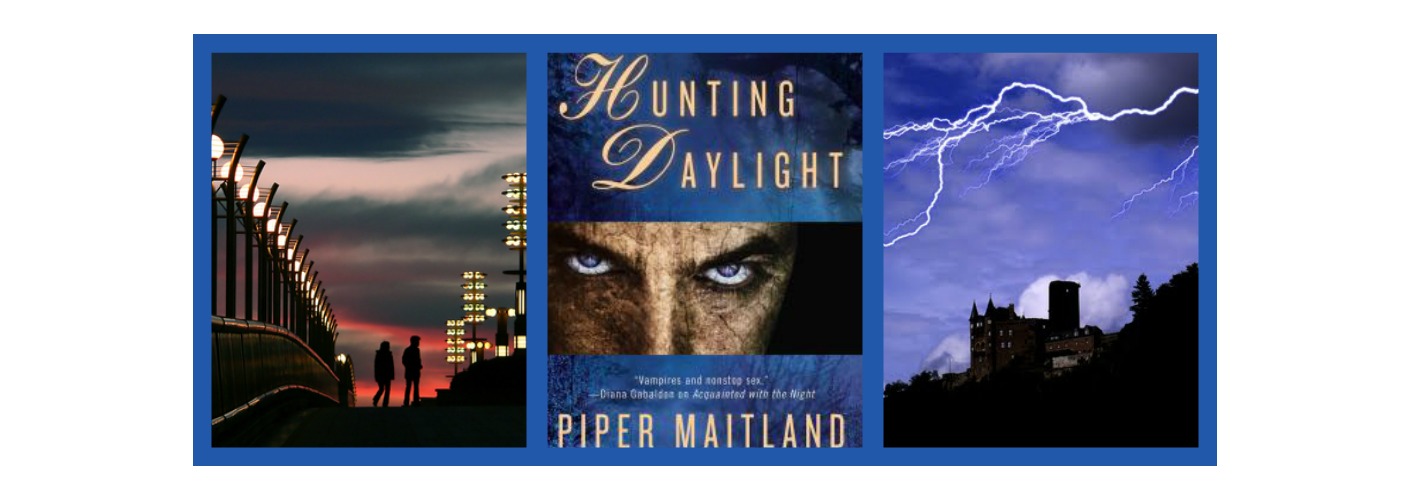When I’m working on a novel, I become a nesting bird. I sit in one spot for a long, long time. Nothing but thirst and hunger will lure me away. When nice people invite me to lunch or a party, I politely decline. I must disconnect from the Internet, too--this is downright painful because I truly love blogging. After a while, the hair grows in, but I can’t even go to the salon and get my eyebrows waxed. I’m sitting on my egg.
I sit on my egg because I love the whole process and because I know what can happen if I flit away, even for a short time. In recent years, I've become even more determined not to abandon my nest because the publishing industry is unbelievably tough.
A writer must be everywhere (Facebook, Twitter, etc) and nowhere (the nest). She eats a daily bread called Angst, topped with Doubt. True, she drinks sustaining nectar called I-Love-My-Job, but it only flows when the hen is focused. Otherwise, the results can be unpredictable.
I began writing seriously in 1981. My first novel, Crazy Ladies, was published in 1990—I sat on many eggs that didn’t hatch. I still do.
Over the years, people have asked, “Must you watch that egg? Can’t you leave it alone for two hours? A few days?”
It sounds like a good idea, doesn’t it? Have some fun! All work and no play. Blah, blah, blah.But when you return, your egg might be a different egg--or gone.
The work suddenly becomes harder when another question arises. Someone you love and/or respect might say, “Do you think this egg is the best, most unique, gonna-change-the-world egg?”
No. This isn’t about hubris. It’s about keeping the egg alive and intact. It’s because you don’t have a choice. You are called by an unstoppable force. And if you leave the nest, you know the consequences.
Been there, done that. More blah, blah, blahs. At the very least, my egg might get damaged...
or worse.
“It wasn’t a strong egg,” a serpent-voice whispers. “Don’t fret. It wasn’t meant to be. Another egg will come along.”
No, no, no. That’s not the point of nesting.
In general, people take a dim view of nesters. It doesn’t matter if the writer is struggling to sell her first novel or if she’s sold fifty—the nesting instinct is an ethereal concept. Hard to understand, even harder for non-writers to understand. To complicate the issue, not all writers nest.
An article in the June issue of RWA’s magazine, Romance Writers Report, discusses the challenges a scribbler faces at home. Author Shirley Jump examines how the ever-changing publishing industry is just one of many problems we must endure. Extended family might not understand; or sometimes they understand and become subversive. Friends may abandon your coop, leaving you alone with your silly egg.
“Writing is an extremely difficult career path. Most people have no idea how hard it is to write something saleable.”
--Lori Wilde, New York Times bestselling author
Another writer friend often tells her naysayers to write a book--or just half of book. Then set it free. How does it feel?
It stops feeling ridiculous when it starts being you.
If you don’t take your work seriously, how will anyone else respect it? Some people are blessed—bolstered by their nearest and dearest. For some, the words might hatch in abundance. No struggle. No defensive clucking. The rest of us are in the hen house, guarding our wee egg, flapping our wings at intruders.
Shirley Jump interviewed many authors in her article; some asked for anonymity and others gave testimonials. Author Lani Diane Rich said, "If you're writing, you're writing because you're called to write, and that's a sacred thing."
I needed to hear those words; I've needed to hear them for a couple of decades. I want to thank Ms. Rich because our work is a mission, a passion, and a privilege. Why else would you sit on an egg that might not hatch? If it hatches, the chick might survive two weeks. The proceeds won’t cover a bag of chicken scratch, yet the busy little hen is already gathering twigs and feathers for her new nest.
The rooster is crowing, “Where’s my daily worm? One of the nestless chickens scratches a message in the dirt—LMAO.
Go ahead, the little hen thinks. Laugh your arse off. But I’m laying another egg. As for the broken shells and lost dreams, well, nothing goes to waste.
Our hen settles onto her nest and sighs. She is a bird on a mission. A writer with a Calling.
And her egg-quest will continue.
From Wiki:
per·se·vere/ˌpərsəˈvi(ə)r/
Verb: Continue in a course of action even in the face of difficulty or with little or no indication of success.
Resources:
For workshops and free chats: Savvy Authors http://www.savvyauthors.com/vb/content.php
Shirley Jump http://www.shirleyjump.com/
Lani Diane Rich http://www.lanidianerich.com/


















































